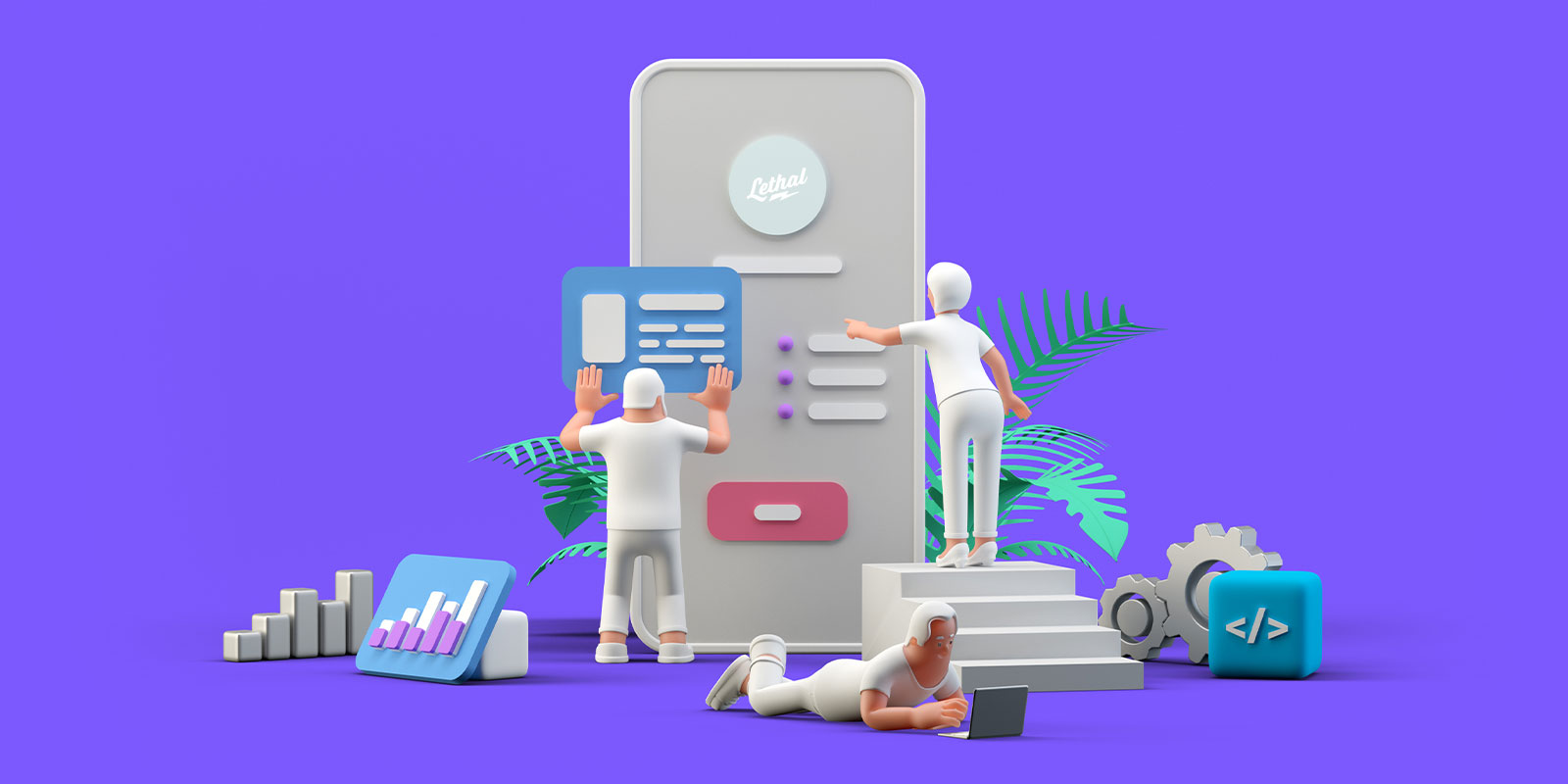The time has come: Google’s Page Experience update, which updates the ranking signals for desktop searches to match the changes made in the mobile version, will begin rolling out in February. So far, all we know is that it will not be as significant as the mobile update. We also know that Google is saying pretty much the same thing it said with the mobile update. It says not to expect dramatic changes. But regardless of how its page experience algorithm has played out in the past, or whether you like or dislike it, Google still wants you to optimize your pages and make them a better user experience. It believes that prioritizing ranking signals related to user experience is a good idea.
In a world where we focus on how to get the most out of Google’s mobile update, how might we prepare for future updates on the desktop? Having your website optimized for mobile is a good start, but what about the desktop?
Factors that influence desktop page experience
1 – Largest Contentful Paint (LCP)
The LCP is a technical measurement that describes when the page content is visible. For mobile, the LCP is around 100-200 milliseconds. Google realizes that desktops have a bigger screen size, and so it also accounts for this when it calculates the LCP.
2 – Cumulative Layout Shift (CLS)
This is the time it takes for content on the screen to shift from one side to the other. The smaller the cumulative layout shift, the better. For mobile, this is around 300 milliseconds. Again, Google accounts for the larger screen size on desktop, and so the CLS for desktop is around 400 milliseconds.
3 – First Input Delay (FID)
This is the time it takes for the user to get their first input onto the page. For mobile, this is around 100 milliseconds. Google, again, accounts for the larger desktop screens and comes up with the FID for desktop being around 300 milliseconds.
4 – HTTPS Security
Google says, for many, a lot of the ranking signals on HTTPS are the same as HTTP. For example, it doesn’t affect the indexing or caching of your pages. But even if it’s not considered a ranking factor, it’s still worth thinking about securing your website.
What Does This Mean for Your Website?
Google’s Page Experience update will likely have a stronger impact on the desktop than on mobile, but you still need to work on your mobile optimization to get the best possible rankings on both devices. In a nutshell, if you’re not worried about Page Experience, you probably should be. Google has stated that they are using the Page Experience algorithm to decrease the number of times people bounce back and forth between pages in a session. They do this by prioritizing ranking signals related to user experience. While the update won’t be as dramatic as the mobile update, expect a lot more changes to be made to desktop setups.
If you need website design in Perth, Lethal can help you! When you start working with Lethal, not only will you receive a premium website design service, you’ll be working one-on-one with digital strategists that live and breathe the success of your online business through strategically driven online marketing. Contact us today!





